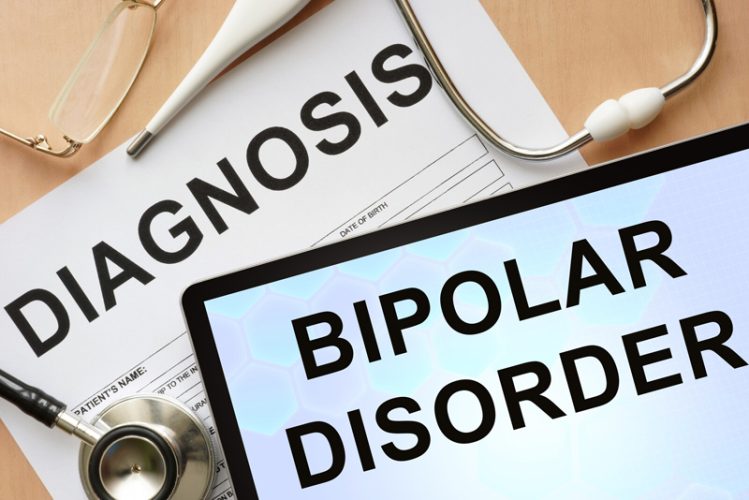Mental Health: Bipolar Disorder
November 18, 2021
Bipolar Disorder, formerly known as manic-depressive illness, is a mental disorder that is associated with different episodes of mood swings. It causes unusual shifts in mood, energy, activity, and concentration. Bipolar Disorder is usually diagnosed in the early teens or early adulthood and occasionally in children. The symptoms of bipolar disorder may vary from time to time and require lifelong treatment. Many people experience changes in their moods depending on their emotions, but those closely related to bipolar disorder experience moods more immensely. For example, Psychosis includes delusions, hallucinations, and paranoia. This can also make them lose sense of contact in reality.
There are 3 types of bipolar disorder. First, Bipolar 1 Disorder, according to the National Institute of Mental Health, is an episode lasting up to 7 days with severe manic symptoms in need of immediate hospital care. Depressive occurrences also happen commonly lasting for about 2 weeks and both episodes of manic and depressive may also be experienced at the same time. Adding on, Bipolar 2 Disorder is where a person experiences shifts in depressive episodes back and forth along with hypomanic episodes. Another type of bipolar disorder is Cyclothymia, a chronic illness of unstable mood state where people experience hypomania. Cyclothymia shifts in mood up or down and is less extreme than bipolar disorder, but in case of emergencies, it is still important to seek help in order to manage these symptoms.
Symptoms of bipolar disorder can be listed as mania or hypomania and major depressive episodes. It may be hard to identify these symptoms in children and teens because these symptoms may be normal ups or downs, possibly results of stress and trauma and could be another sign of a mental health problem rather than bipolar disorder.
One symptom of manic-depressive illness is mania hypomania and are two types of distinct episodes both resulting in the same symptoms. Mania, a manic phase and that are more severe than hypomania, may include thoughts of suicide or self-harm, easy distractibility, uncontrollable excitement, a high level of energy that finds the person hard to control, and also the difficulty of paying attention. This episode may last for a week or more requiring hospital care.
Unlike Hypomania, it may only last for a few days and others may feel very good and able to function well like having a happier and higher mood but also include higher irritability or rude behavior and feeling the need to sleep less than usual. Although less severe than mania, hypomania also has its own negative effects on a person’s wellbeing. While friends and family members are able to notice the difference of the individual acting whereas the person who has hypomania may not. According to the Journal of Affective Disorders, one study showed that, “People were more likely to engage in risky behavior during hypomanic episodes. This included spending large amounts of money, using alcohol or drugs excessively, dangerous driving, or engaging in risky, sexual behavior.” If left untreated with the following side effects of hypomania they may be at risk of turning into mania episodes.
You can help and support if ever you have someone who you love and maybe a friend of yours who has this disorder, you are well aware that this is a challenge with the unknown shifts in mood and behavior affecting those around you. Bipolar disorder results in high energy and constant talking so being a good listener would help. You can become a better listener by actively paying attention to what they’re saying and by avoiding any topics that will irritate them or frustrate them.
Another way to help is to be a positive influence. During their depressive episodes, people with bipolar disorder tend to feel worthless or hopeless so reminding them about their strengths and positive qualities can help them recover from this episode. The most important thing is to be patient and optimistic, bipolar disorder is a long-term condition and sometimes the symptoms often come and go. It is also an unpredictable disorder. Being patient helps them stay on track to living a full, healthy life.




